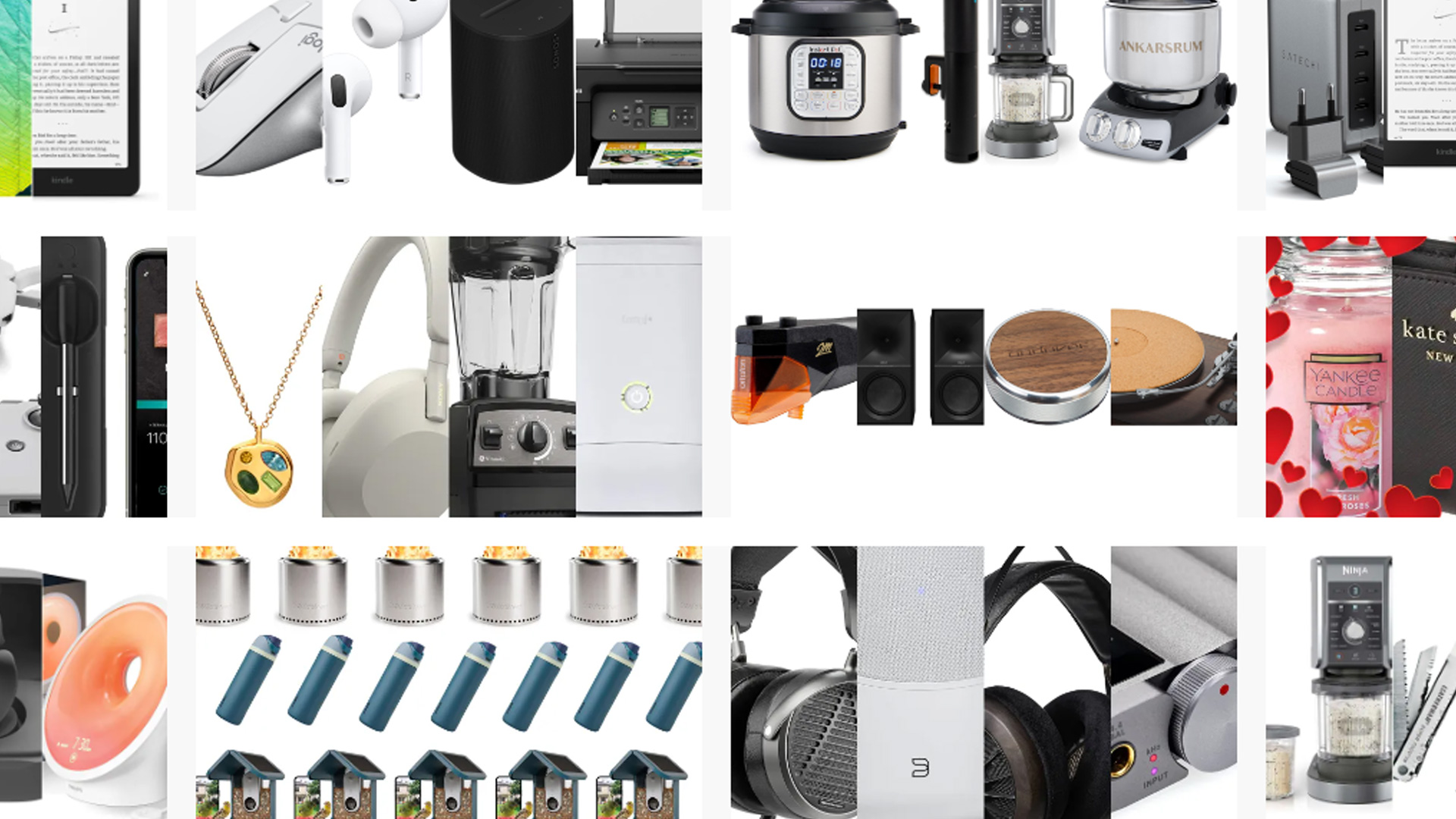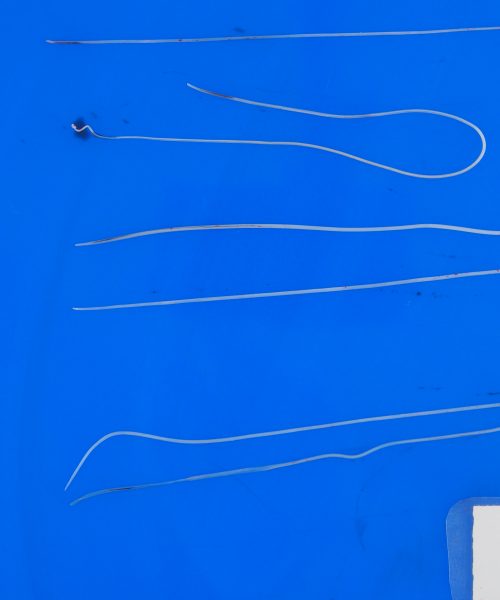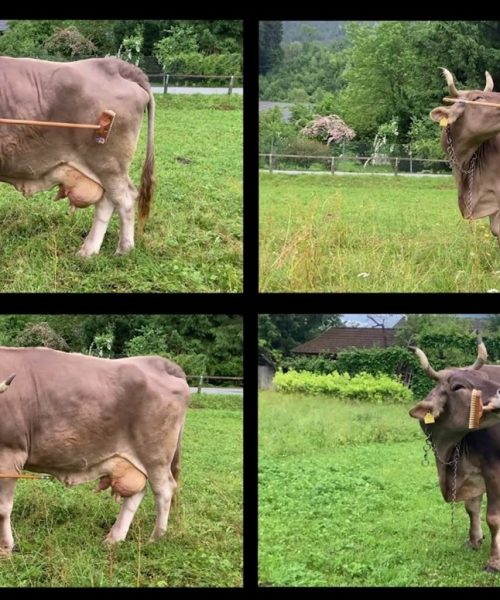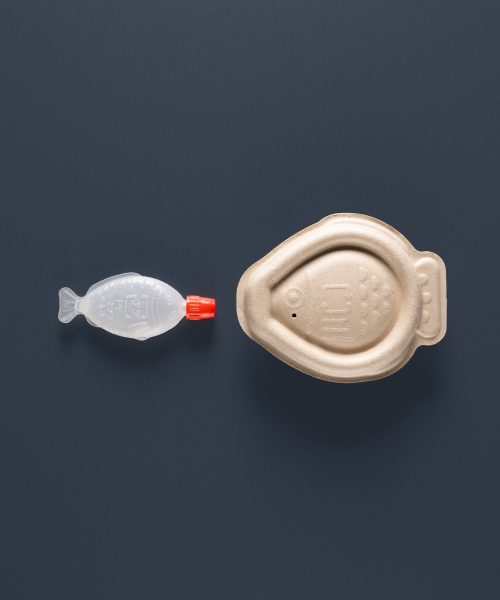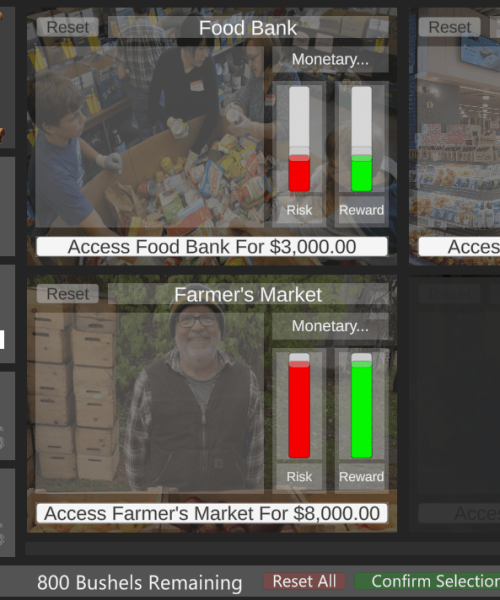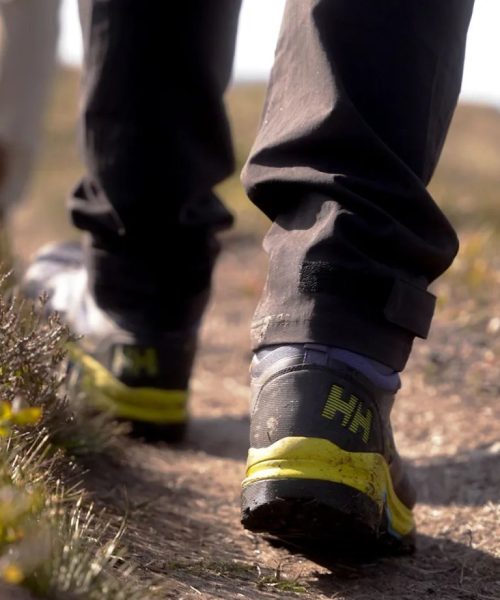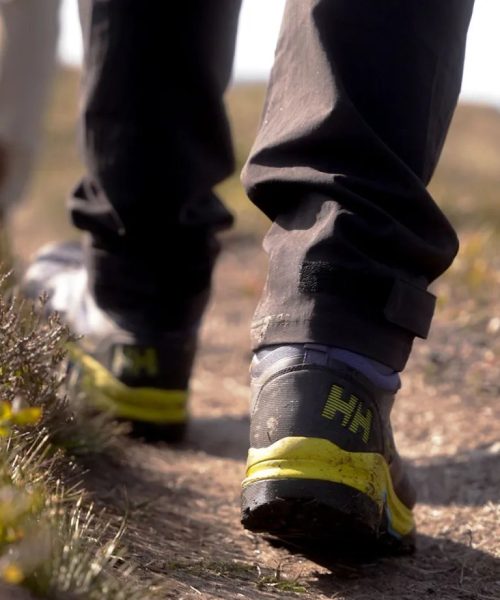If you have a problem, TikTok probably has a solution—or several. Trouble sleeping? The app is full of “sleep hacks,” with magnesium mocktails (also known as the “sleepy girl cocktail”) and lettuce water being among the most viral. But just because a hack racks up millions of views doesn’t mean it’s backed up by real science or improves your health.
“I think we need to be careful any time scientists and especially TikTokers make medical claims,” says Dr. Alex Dimitriu, a psychiatrist and sleep medicine specialist, and founder of Menlo Park Psychiatry and Sleep Medicine. The first thing he does when he comes across such videos is to check what studies, if any, the video refers to: “Even when there is research to support these claims, the studies can be small, or not well designed, and thus not reliable.”
Lettuce water: more hype than help
Lettuce water is exactly what it sounds like: leaves of lettuce boiled in hot water, which is then consumed as a tea. The origins of the trend aren’t entirely clear, but it seems to have started with a viral TikTok video from May 2021 by user @shapla_11, who claimed that drinking the beverage helped her fall asleep faster.
“There is very little evidence supporting the use of lettuce water for sleep,” says Dimitriu. Lettuce contains extremely small amounts of two substances called lactucin and lactucopicrin, which are thought to have a mildly calming and sleep-inducing effect. “But there are very few studies supporting this, and none have been conducted in humans,” he cautions.
The best evidence we have so far comes from studies in mice. When researchers gave green romaine lettuce extract to mice, the extract helped mice fall asleep faster, stay asleep longer, and counteracted insomnia caused by caffeine. The researchers think that lactucin and lactucopicrin act on the same brain receptors targeted by sleep-promoting drugs, like benzodiazepines. While it may sound promising, there’s still no evidence the same thing happens in humans.
Magnesium mocktails: partially helpful
Magnesium mocktails—typically made up of magnesium powder, tart cherry juice, and sparkling water—gained popularity on TikTok in 2023, thanks to wellness influencer Gracie Norton, who claimed the drink could induce calmness and sleepiness.
There is good scientific evidence that magnesium improves sleep quality and duration, says Dimitriu.
The mineral helps balance your brain’s neurotransmitters—the chemical messengers that can either make you agitated or calm you down. For people kept awake by anxiety and racing thoughts, magnesium may shift the balance toward the relaxing set of neurotransmitters, making it easier to fall asleep. It also plays a role in producing melatonin, the hormone that tells the body it’s time to sleep.
Although recipes for the sleepy girl cocktail often call for magnesium powder, that’s not strictly necessary—tablets or capsules work just as well, says Dimitriu. The type of magnesium supplement does matter, though. Magnesium comes in three main forms—citrate, glycinate, and threonate. Research shows that magnesium threonate crosses the blood-brain barrier better than the others, making it a more effective sleep aid, explains Dimitriu.
The jury is still out on whether tart cherry juice actually helps with sleep. It contains small amounts of melatonin, the hormone that regulates sleep-wake cycles, and a few small studies suggest it may reduce insomnia and improve sleep quality and duration, says Dimitriu. However, larger, longer-term studies are needed to confirm these effects.
As for soda or sparkling water? There’s no evidence that it improves sleep. At best, the bubbles can make for a better mocktail, says Dimitriu.
Expert tips for using magnesium safely
Magnesium is generally safe when you take it at the recommended supplement doses. But too much magnesium can cause nausea, diarrhea, and cramping, and very high doses can be dangerous, potentially affecting heart rhythm. This is why it’s important to read labels carefully, says Dimitriu.
Related Sleep Stories
Pay attention to elemental magnesium—the actual part of a magnesium supplement your body can use. The safe upper limit for adults is about 350 mg of elemental magnesium per day.
Don’t be alarmed if your supplement’s total dose seems much higher. In common supplements, like magnesium citrate, glycinate, or threonate, magnesium is bound to other substances, and the amount of elemental magnesium will always be less than the total amount of the magnesium salt. For example, 2,000 mg of magnesium threonate usually provides only about 140 mg of elemental magnesium, safely below the limit, explains Dimitriu.
What to do if you’re struggling to sleep
Good sleep habits—like keeping a consistent bedtime and wake time, and avoiding screens for a couple of hours before bed—usually do more for your sleep than any supplement, says Dimitriu.
However, a mocktail made from tart cherry juice, magnesium, and sparkling water may be beneficial and there is solid evidence that magnesium threonate has sleep-promoting effects. Other well-studied sleep aids include low-dose melatonin (0.5–1 mg), valerian root, and chamomile tea, he says.
This story is part of Popular Science’s Ask Us Anything series, where we answer your most outlandish, mind-burning questions, from the ordinary to the off-the-wall. Have something you’ve always wanted to know? Ask us.
